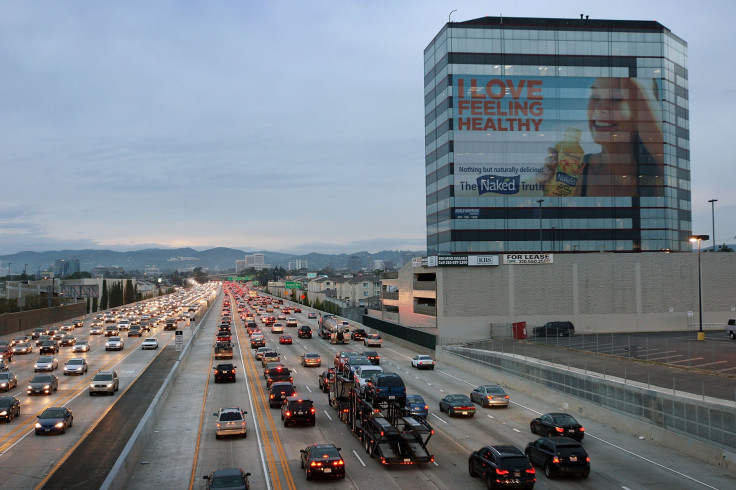Nurse Finds 60 Kidney Donors By Advertising On Billboards

An Oregon woman found 60 kidney donors after putting up advertisements for one on billboards.
Roxanne Loomis, 65, found out 13 years ago her kidneys were fast deteriorating. In order to slow down the inevitable process, she cut back on protein in her diet and began monitoring her blood pressure levels on a daily basis. However, by 2014, her kidneys were barely functioning.
After waiting for four and a half years, she began undergoing dialysis — an expensive process that removed toxic waste from the blood, essentially mimicking the function of her failing organ, local news outlet Oregon Public Broadcasting reported.
She could no longer go to her daily job as an emergency nurse and opted for part-time position instead.
When Loomis was unable to find a donor, her doctor told her one of his patients had found a person by advertising on a billboard. Eager to try her hand at anything that can get her the right donor, Loomis started looking for the ideal space to put up a billboard which listed her requirement.
For Eugene registered nurse Roxanne Loomis, a series of billboards were the key to finding a life-saving kidney donation. https://t.co/Ax1dw4ns3Q
— OPB (@OPB) April 1, 2018
Three months after her advertisement had gone up in Interstate 5 with the words, “Need: kidney donor for Eugene RN," Lamar, an outdoor advertising company, contacted her and offered to put up the advertisement for free in five different locations — three in Portland and two in Salem.
About 60 potential donors got in contact with Loomis after the advertisements went up, something her doctor said was “unheard of.”
“They donated the space for a year, and I think that’s what really saved me,” she said.
However, willing donors had to undergo extensive physical and mental health tests before doctors could determine the perfect match for Loomis. They had to undergo tests for blood pressure, psoriasis and depression, to see if the candidate had a history of alcohol or drug abuse and post-traumatic stress disorder.
A potential donor — a Portland nurse — who cleared most of the medical procedures was found to be incompatible with Loomis’ blood group, which was O-positive. The donor belonged to O-negative blood group. Loomis’ doctor then suggested the option of donor pairing.
The pairing or “kidney swap” basically meant the Portland nurse would donate her kidney to someone else who was compatible with her, with the understanding at the same time Loomis would receive a kidney from another donor who was compatible with her.
Loomis ended up getting a kidney from Sean Hopkins, a 32-year-old athletic trainer from Illinois.
“I hit the jackpot. I lucked out,” Loomis said. “I got this kidney from a healthy, young person who is an athletic trainer. ... I had no idea how sick I was until I wasn’t sick anymore. I woke up immediately after the surgery and I felt fabulous. I stayed awake the whole night because of how excited I was, how great I felt. I had been sick for so long.”
For a month following the transplant, Loomis had to remain in the Legacy Hospital in Portland. Now, she is back in Eugene, Oregon, going to regular appointments and taking 16 pills a day to recover.
And, three of the five billboards, which still display Loomis’ advertisement, read, “Congrats Roxanne on your kidney transplant.”
© Copyright IBTimes 2025. All rights reserved.






















